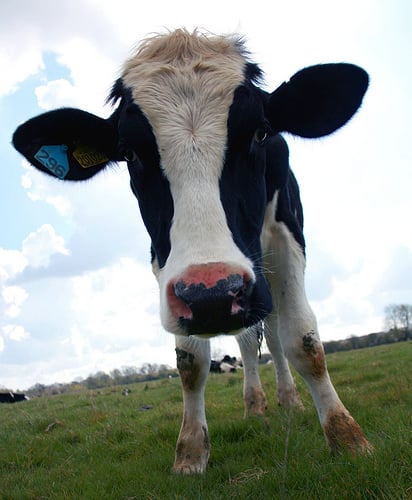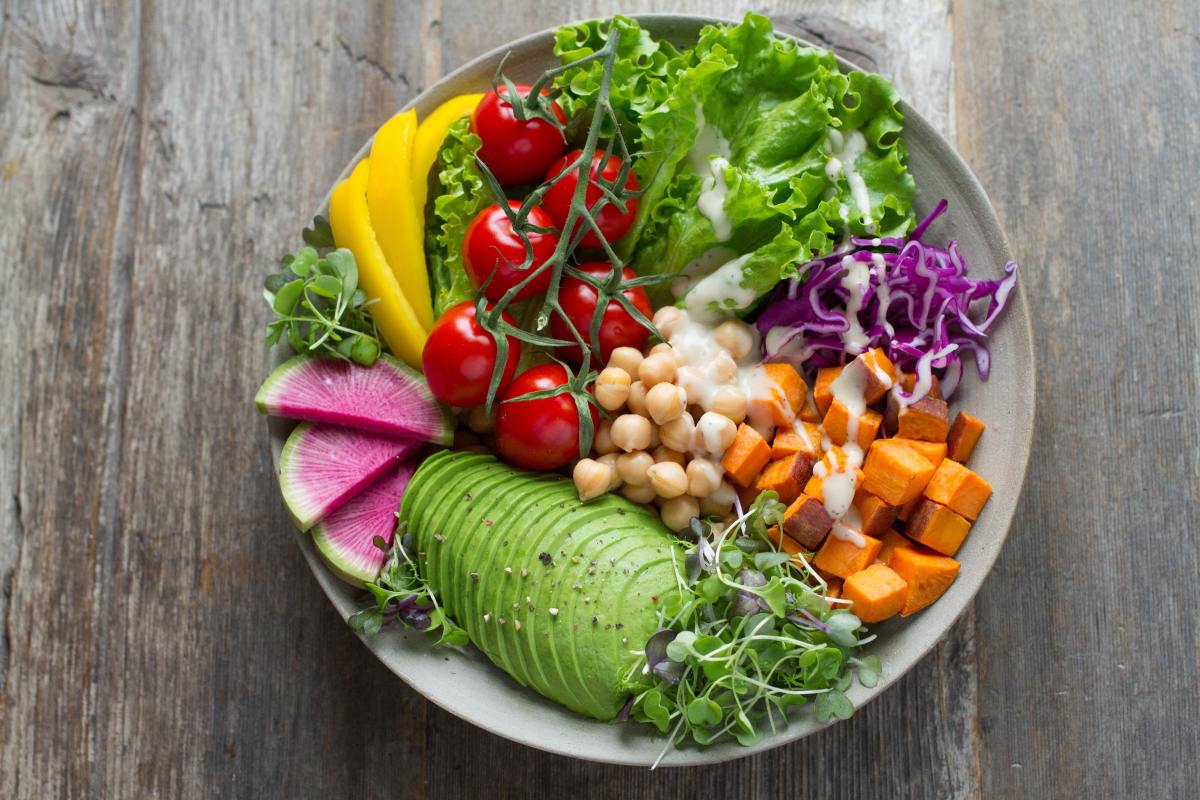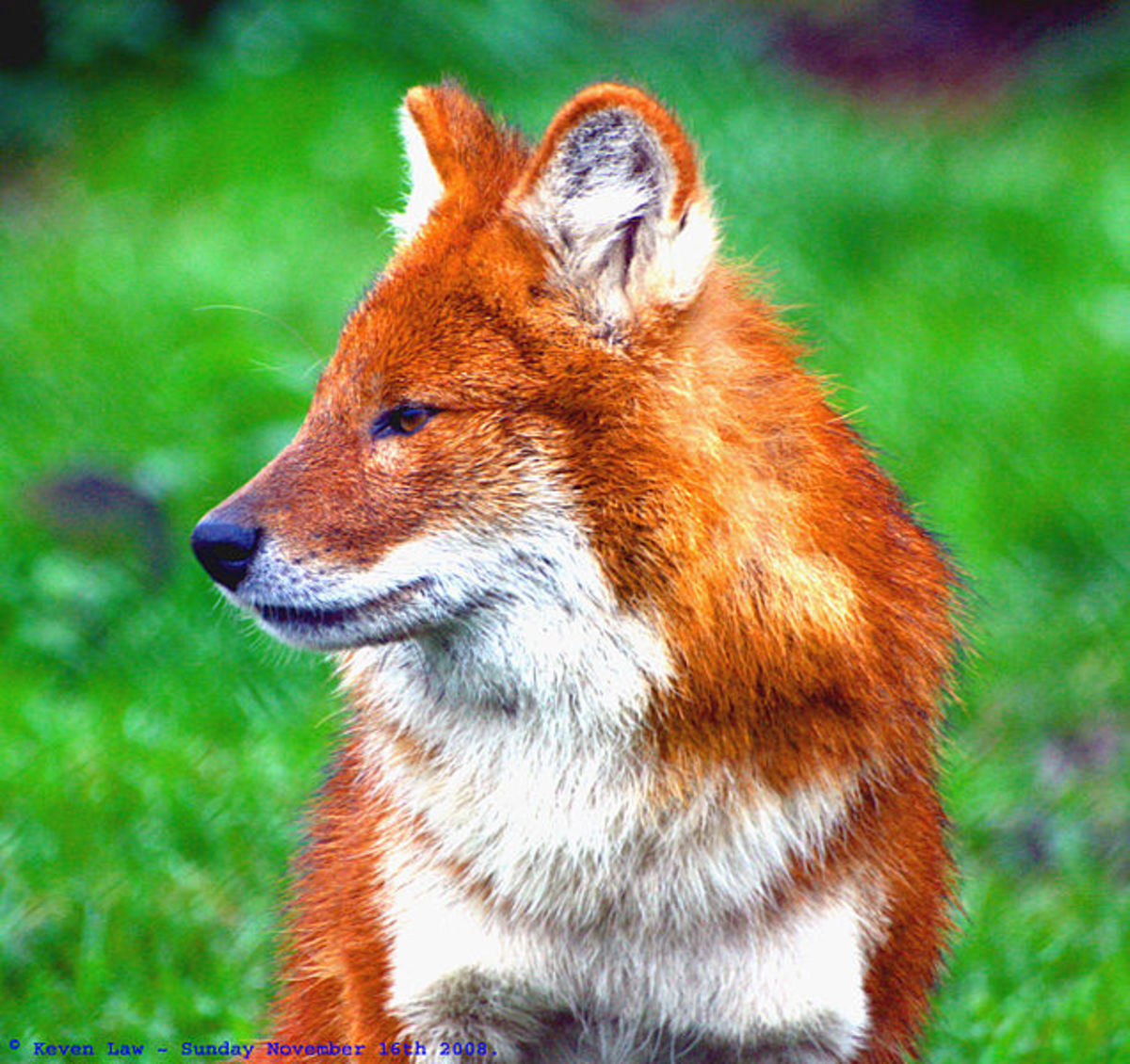Understanding Labels on Meat, Eggs, and Dairy Products

Many consumers are willing to pay more for meat, eggs, and dairy products from animals that have been raised humanely and sustainably, but unfortunately, in America the US Department of Agriculture does little to regulate labelling of animal products. As a result, many corporations take advantage of the lack of regulation and the loopholes in the laws that are available to sell products at a higher price to the consumer without a significant increase in animal welfare or environmental responsibility.
Forget Old Macdonald's farm, 99% of the animals raised in the United States for meat, milk, or eggs never even step outside, and sadly, that includes many so-called "organic" and "free-range" animals.
Battery Hens
"Free Range" Hens
REAL Free Range Eggs
More REAL Free Range Poultry
Learn More About the USDA's Labelling Non-Standards
What the Labels REALLY Mean
"Natural"
Totally meaningless on animal products, this label only means that the product contains no artificial ingredients or coloring, and has been minimally processed.
"Organic"
"Organic" labels on meat and other animal products mean that the animals have been fed organically grown hay, grain, or other foods and that they have not been treated with hormones or antibiotics. An "organic" label does not guarantee humane treatment for the animals.
"No Antibiotics" and "No Hormones"
These labels apply only to beef and poultry or beef, respectively. They provide no guarantee of humane treatment for the animals.
"Animal Care Certified" and "United Egg Producers Certified" Eggs
An industry-friendly label that allows many cruel and inhumane factory farming practices.
"Swine Welfare Assurance Program"
A meaningless attempt by the pork industry to repair its damaged image. Many cruel and environmentally unsound factory farming practices are allowed under this label.
"Free-Range" Poultry
Free-range labels on chicken, turkey, and other poultry products are often misleading. By USDA standards, birds labelled free range are supposed to have access to the outdoors, but "access" is given the broadest possible interpretation by many commercial poultry farms. In some cases, this may mean one small door to a small fenced pen for a building housing tens or hundreds of thousands of birds.
"Free-Range" and "Cage-Free" Eggs
"Free-range" and "Cage-Free" labels are essentially meaningless for egg-laying hens. The USDA has no standards for laying hens labelled "free-range." Like free-range meat products from poultry, most commercially produced free-range or cage-free eggs are laid by hens kept in crowded conditions in huge warehouse-like buildings, possibly with as little as one small door to the outside, a door most hens would never notice. Cage free and free range hens, like battery hens, are frequently debeaked to prevent cannibalism and other problems caused by overcrowded conditions.
"Cage-free" and "free-range" labels are basically a way to trick consumers into paying extra for eggs raised under conditions that are only a little more humane than battery cages.
"100% Vegetarian Fed" Eggs
This label is meaningless to the point of being ridiculous. Unlike cows or sheep, chickens are not herbivores, they are omniovores like people, and a 100% vegetarian diet is not healthy or natural for hens. Hens can be kepy healthy and happy on pasture, but only because they eat insects and other small animals in addition to grass, seeds, and other plant matter.
"Free-range" meat
The USDA currently has no legal definition for free-range beef, pork, lamb, or other red meat products. The label is therefore unregulated and largely meaningless.
"Grass-fed" meat
When purchasing meat products, especially beef, bison, and lamb, "grass-fed" is one of the few truly meaningful labels applied to animal products. Though it was previously possible for animals raised primarily on grass but fattened in feedlots to be labelled as "grass-fed," the label now ensures that the animal has been raised exclusively on pasture, which has been shown to have many benefits for both animal and human health. The American Grassfed Association is working to further strengthen standards applied to the "Grass-fed" label, and will provide a label based on its own stricter standards in the near future.
Grass-fed Beef
What's a Concerned Consumer To Do?
The only real way to ensure that your meat, eggs, and dairy products have been raised in humane and environmentally sound ways is to buy directly from the producer. You can do this by visiting the farm where the animals are raised, shopping at farmer's markets, or ordering online through the producer's website.
The following websites can help you find local providers of organic, humanely raised meat, dairy, and eggs:
- Eat Wild Directory of Farms
Directory of producers of grass-fed meats, dairy, and poultry - Local Harvest
Locate family farms, coops, farmer's markets, and more - Eat Well Guide
Find local organic and sustainable farms - American Pastured Poultry Producers Association Directory
Directory of pasture-raised poultry and eggs producers - American Grassfed Association Producers
Grassfed animal products - Farmer Locator
Directory of farmers practicing organic and sustainable agriculture
Buying animal products with certain third-party labels is a good alternative to buying locally, if local producers are not available. Several organizations issue labels that guarantee humane treatment, sound environmental practices, and more.
These include:
"Certified Humane," a certification and label program developed by Humane Farm Animal Care and endorsed by the ASPCA and many other humane organizations. For more information on the label standards and where to purchase Certified Humane products, please visit CertifiedHumane.com.
"American Humane Certified," a program of the American Humane Association. For more information, visit the American Humane Association website.
"Animal Welfare Approved" is run by the Animal Welfare Institute and is the newest and currently the strictest certification and labelling program. For more information, visit the Animal Welfare Approved website.
You can also take action by encouraging the USDA to adopt stricter labelling standards.
The following organizations are a few of those involved in efforts to strengthen labelling standards:










